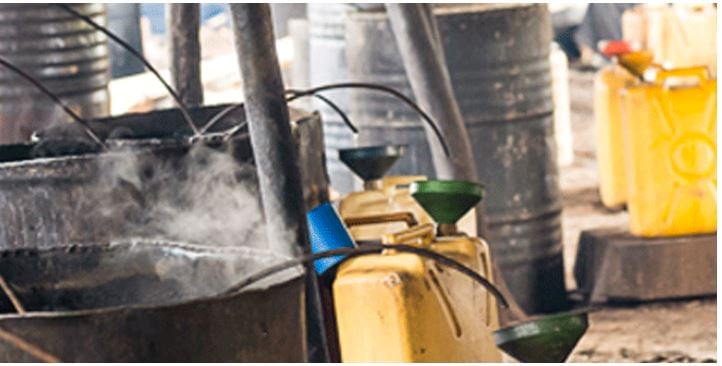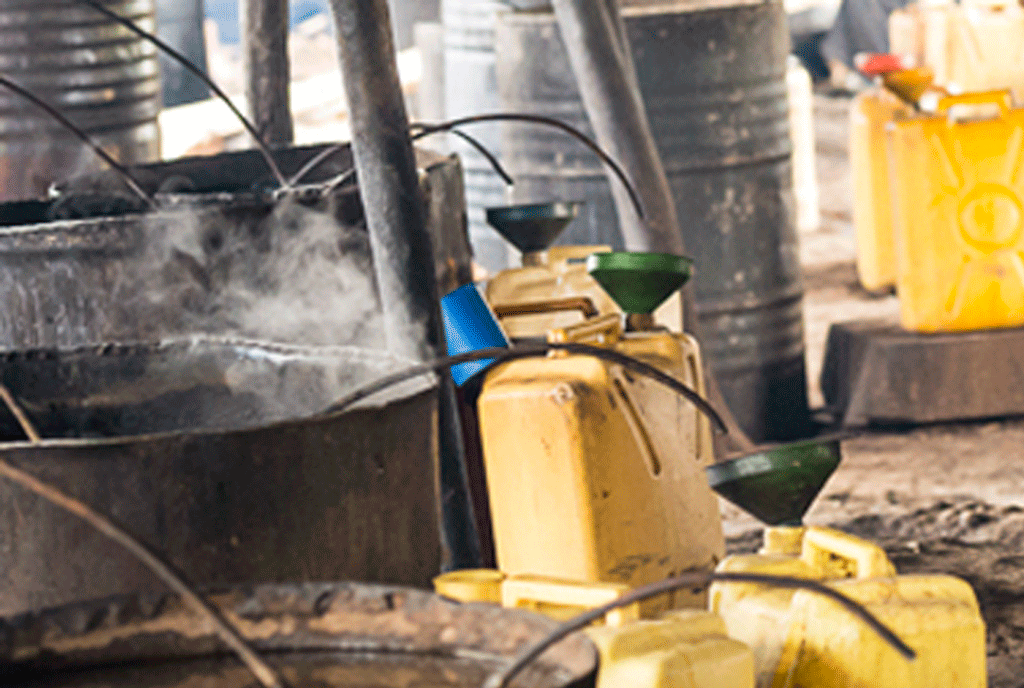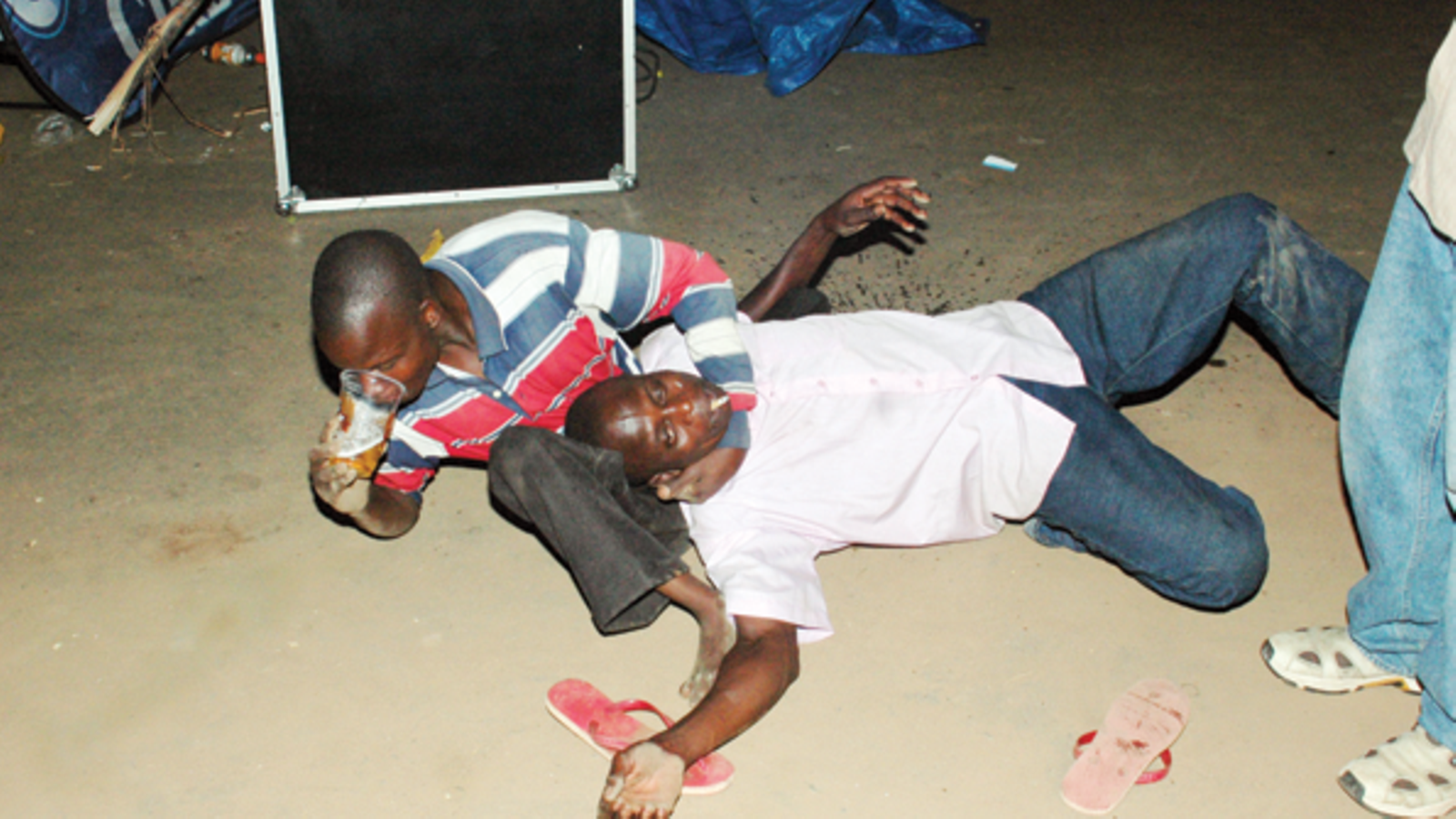Adjumani calls for joint fight against alcohol abuse

The Adjumani District Health department has called upon church and cultural leaders to join the fight against substance abuse and high alcohol consumption, which is the leading cause of mental health challenges in the district
What you need to know:
- The Narcotic Drugs and Psychotropic Substances (Control) Act of 2015 regulates the use of drugs and imposes sentences for drug possession and use, but the implementation seems limited. On October 10, the world celebrated Mental Health Day under the theme, “Make mental health and well-being for all a global priority.”
The Adjumani District Health department has called upon church and cultural leaders to join the fight against substance abuse and high alcohol consumption, which is the leading cause of mental health challenges in the district.
The Adjumani District Health Officer, Dr Dominic Drametu, on Monday said more than 46 percent of youth in the district are involved in illegal use of alcohol and other substance.
Mr Drametu said Adjumani recorded the highest cases of mental health challenges in the past two years, with more than 5,000 cases each year.
He said between 15 and 20 cases of suicide were also reported between 2020 and 2021.
The prevalence of depression in Adjumani and West Nile, mainly among adolescents, youth and young women, is estimated at 25 percent (about 100,000) individuals. About 700,000 people are directly or indirectly suffering from depression in West Nile, which requires urgent preventive, treatment and rehabilitative interventions,” he stated.
Mr Ramadan Baiga, the Adjumani District Khadi, said they are willing to work with other partners to stop substance abuse.
“We have an umbrella of the interreligious forum and we also collaborate with the cultural leaders to address the challenges which are facing mostly the young people,” Mr Baiga said.
Alliance Forum for Development (AFOD) Uganda, one of the partners working with the district, in November launched a fundraising drive for the construction of a regional mental health rehabilitation centre in Adjumani worth $1.4m (about Shs5b).
AFOD has already secured 10 acres of land for the construction of the multi-billion mental facility on land that the community offered.
Mr Primo Vunni, the executive director of AFOD Uganda, said they would establish a regional mental health rehabilitation centre for refugees and host communities.
“Our proposed budget for establishing this rehabilitation centre is Shs5 billion to construct the magnificent facility which we think should take three years to complete and operationalise,” Mr Vunni said.
The construction of the medical block is estimated to cost Shs838 million, medical equipment and furniture (Shs1 billion), administration block (Shs638m), and hostels (Shs491m).
Dr Geoffrey Wandera, the programme manager of AFOD, said mental and neurological disorders have been identified as one of the greatest threats to public health and a significant driver of the growth of overall morbidity and disability globally.
“Disorders are majorly attributed to factors like alcohol and substance abuse, infectious diseases, trauma, malnutrition, accidents and urbanisation associated with disruptions in family structures, homelessness, poverty, and loss of social support,” Mr Wandera said.
He said many people with mental health challenges require specialised rehabilitation services but they are expensive.
The Narcotic Drugs and Psychotropic Substances (Control) Act of 2015 regulates the use of drugs and imposes sentences for drug possession and use, but the implementation seems limited. On October 10, the world celebrated Mental Health Day under the theme, “Make mental health and well-being for all a global priority.”




